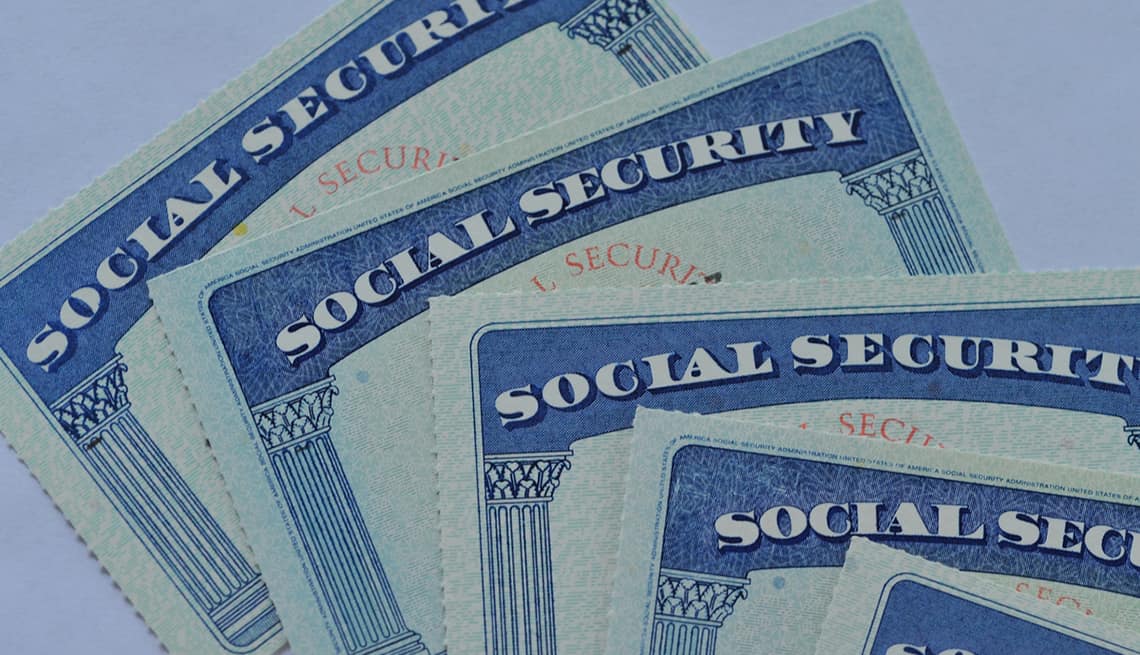The great thing about Social Security is that you get a say on when you sign up. You’re allowed to claim your benefits as early as age 62, or delay your filing all the way until the age of 70 for a higher benefit. In fact, you can technically hold off on filing for Social Security beyond the age of 70, though there’s no financial reason to do so.
If you want to collect the full monthly benefit you’re entitled to based on your personal wage history, then you’ll need to wait until at least your full retirement age, or FRA, to sign up. Filing sooner will result in a lower monthly benefit for life.
Here’s what FRA looks like, depending on the year you were born:
- 1943-1954: 66
- 1955: 66 and 2 months
- 1956: 66 and 4 months
- 1957: 66 and 6 months
- 1958: 66 and 8 months
- 1959: 66 and 10 months
- 1960 or later: 67
Now you may be inclined to forgo a higher benefit and sign up for Social Security as soon as you can — at age 62. Or, you might go ahead and wait until FRA to avoid a hit to your benefits. But here’s why it could pay to consider filing at age 65.
It’s all about the convenience factor
To be clear, if you sign up for Social Security at age 65, you’ll take a hit to your monthly benefit. If your FRA is 67, that benefit will shrink by 13.34%. That may not seem like a huge amount, but as an example, if you’re entitled to a $1,500 benefit at age 67, filing at 65 will leave you with $1,300 instead.
Still, filing at age 65 has its upsides. For one thing, it means you get your money a bit sooner. That could, in turn, help you check different goals off your list, like retiring early and getting to travel while you’re a bit younger.
But here’s why filing for benefits at 65 could really make sense. If you go this route, you’ll be able to sign up for Social Security and Medicare at the same time. And that also means you’ll get the option to have your Medicare Part B premiums deducted directly from your Social Security benefits, thereby sparing you the hassle of having to make those payments yourself.
Plus, there’s another perk you’ll enjoy if you pay your Medicare Part B premiums out of Social Security. Each year, Social Security recipients are entitled to a cost-of-living adjustment, or COLA, which, in some cases, can result in a nice little raise. The problem? Medicare Part B premiums can also rise from year to year, thereby wiping out that COLA. But, there’s a rule that states that an increase in Part B costs cannot result in a lower Social Security benefit.
So, let’s say you’re receiving $1,300 a month from Social Security and a COLA is implemented that raises your benefit by $26. Let’s also assume that Medicare Part B goes up by $30 a month. In that case, you’d be protected against that full increase and would only have to pay $26 more, thereby reaping some savings.
Should you claim Social Security at 65?
While being on Social Security at the time you sign up for Medicare could work to your advantage, remember that you’ll still slash your benefits by up to 13.34% if you claim them at 65. And while you’ll be protected from Medicare Part B premium hikes to some degree, you may lose a lot more money in the form of a lower monthly benefit for filing early.
But if you don’t want to wait until FRA to sign up for Social Security for other reasons, and you can afford to file at 65, you may find that doing so is just plain convenient. And as long as that lower benefit won’t hurt you financially during retirement, it may be an option worth looking at.

